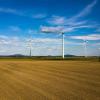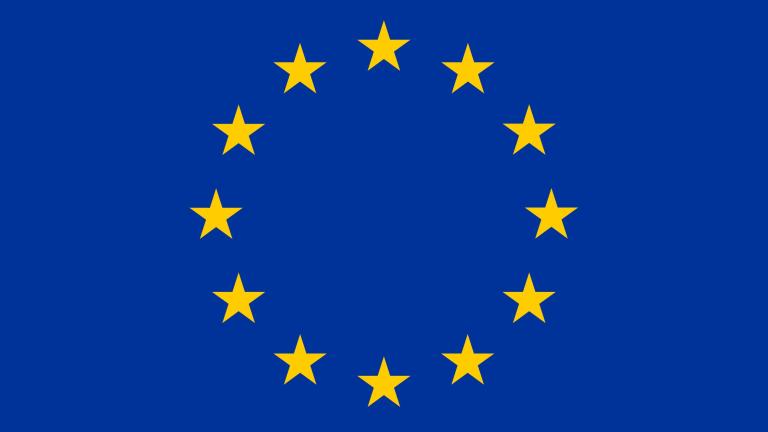
WIMBY is a European-funded project that investigates the social acceptance of wind power in the EU. It aims to evaluate social and environmental impacts of wind power, to develop tools to engage citizens and stakeholders around wind power, thereby facilitating exchanges and collaborative evaluations of wind-power impacts and potential.
The European Union has committed to reach net-zero greenhouse gas emissions by 2050. The development of renewable energy is key to achieve this objective. In recent decades, renewable energy consumption has considerably increased, and the EU has become one of the biggest producers of wind energy: in 2022, wind power alone accounted for about 16% of the electricity demand in the EU. In line with the European Climate Law, the installed wind-power capacity will continue to grow to meet decarbonisation targets.
Although wind power is a promising solution for carbon emission reductions, its development has been met with some resistance from local communities and from restrictive regulations. To advance our understanding of the social acceptance of wind power in the EU, WIMBY is a European-funded project that aims at assessing diverse impacts of wind-power deployment, and at enhancing engagement with wind power. WIMBY project gathers expertise from a consortium of 16 European partner institutions. The main objective of WIMBY is to mitigate the “Not in my backyard” (NIMBY) phenomenon by providing practical information on wind-power impacts, which stakeholders and citizens can then use for simple assessments. This aims at creating common grounds for participatory decision-making processes. To this end, WIMBY evaluates the impacts of wind power on several dimensions (such as human well-being, landscape, biodiversity).
At IIASA, researchers are evaluating biodiversity impacts, focusing on collision-mortality risks of birds and bats with wind turbines.
Coordinators and Partners
- VRIJE UNIVERSITEIT BRUSSEL (Project Coordinator)
- UNIVERSITEIT UTRECHT (Scientific Coordinator)
- Danmarks Tekniske Universitet
- Universitaet Fuer Bodenkultur Wien
- Universitetet i Oslo
- Nazka Mapps BVBA
- Kelso Institute Europe
- Deep Blue Srl
- Politecnico di Torino
- Università degli studi di Palermo
- Associacao Portuguesa de energias renovaveis
- Multiconsult Norge AS
- ETH Zürich
- Paul Scherrer Institut
- University College London


